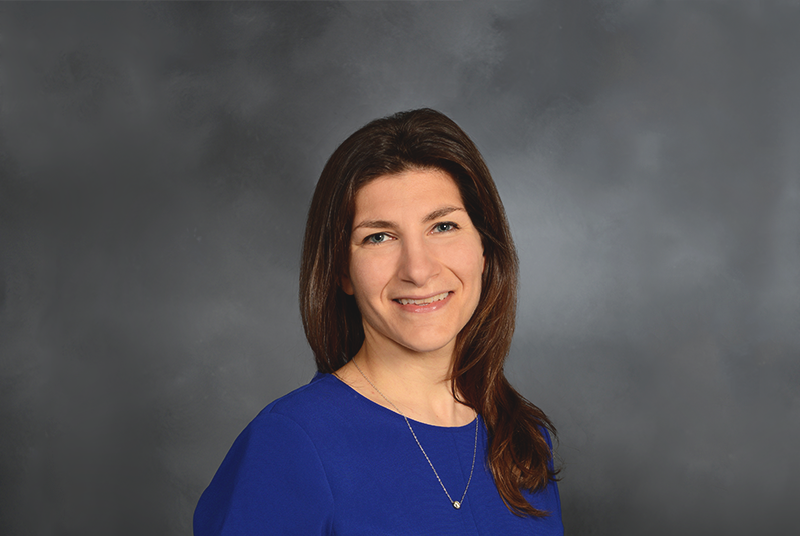Dr. Madeline Sterling, Assistant Professor of Medicine in the Weill Department of Medicine, has been awarded a $400,000, three-year grant from the American Heart Association (AHA) to test and implement a behavioral lifestyle intervention among home health aides to improve their cardiovascular health and overall wellbeing.

Dr. Madeline Sterling
Entitled “Leveraging Home Health Aides to Achieve Life’s Essential 8,” Dr. Sterling’s study is based on the AHA’s Life’s Essential 8 -a multipronged approach to enhance sleep, diet, exercise, weight management, and other daily life factors. The Life’s Essential 8 goal is to improve cardiovascular and ultimately general health for all.
Conducted in partnership with the Training and Employment Fund (TEF) of 1199SEIU, the United States’ largest healthcare union, Dr. Sterling’s study will be achieved through a hybrid implementation and effectiveness trial. The grant is one of AHA’s Implementation of Science Awards, under its Second Century of Science Initiative, dedicated to closing critical care gaps in science and public health, especially in community settings and among underserved populations.
"There is an urgent need to improve the cardiovascular health of home health aides, both to ensure that we have a workforce capable of caring for our rapidly aging population, but also to mitigate health disparities that this workforce has endured,” Dr. Sterling said. “We hypothesize that the home health aides in this study may have better health,” she continued, which could also positively impact their patients’ care.
The trial will get underway next year and enroll 100 home health aides at risk for poor cardiovascular health. In the meantime, Sterling and her team will interview aides about their current challenges adopting Life’s Essential 8 and counseling their patients about them. “We’re excited to get started and bring together a multi-disciplinary team of scientists and community experts,” she said.

